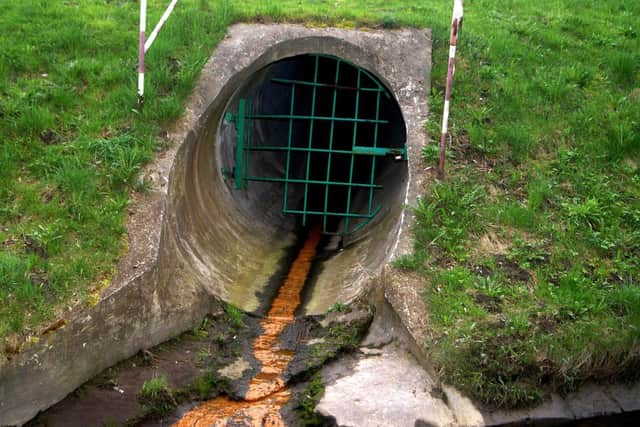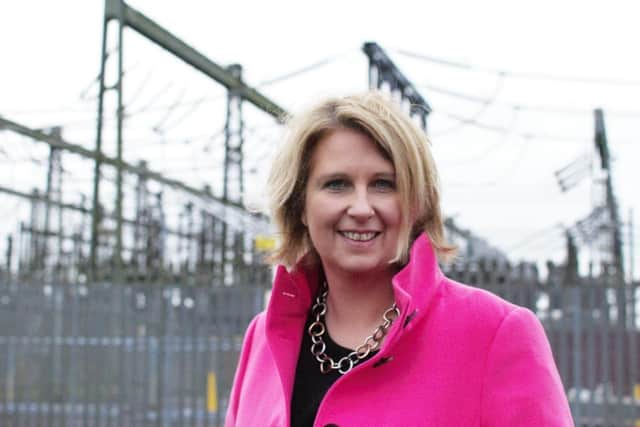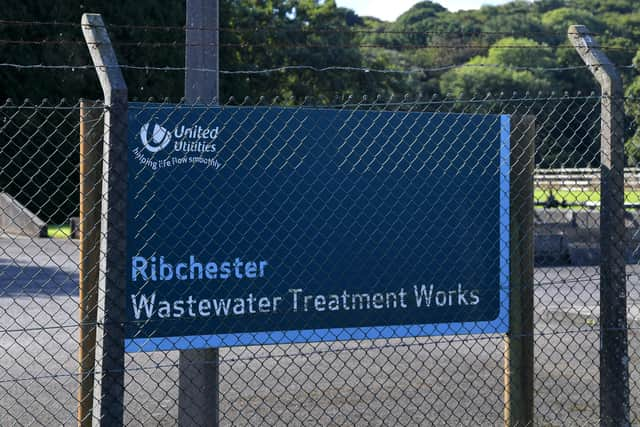South Ribble MP: Why I voted to allow raw sewage to continue going into our rivers
and live on Freeview channel 276
Figures from the Rivers Trust show that water in central Lancashire that children and dogs paddle in, people fish in and sail boats on, was exposed to human and household waste for more than 45,338 hours in 2021.
>>>>Click here to find out more about why and where
Government health bosses say it's "a growing public health problem" and that "water companies are not doing enough", and in October 2021 MPs were asked to vote on amending an Environment Bill which would have placed legal duties on the companies to reduce discharges.


The motion was defeated by 265 MPs’ votes to 202.
Advertisement
Hide AdAdvertisement
Hide AdKatherine Fletcher, MP for South Ribble, voted to allow the practice to continue. MPs for Chorley, Preston and the Ribble Valley did not record votes on the issue.
Why did she vote that way?
Mrs Fletcher said: "I voted against the amendment to the environment bill which would have placed a legal duty on water companies not to pump waste into rivers for a number of clear reasons.


"First and foremost, the amendment did not include an impact assessment and the costs incurred by immediately banning sewage spills would be immense.
"To eliminate storm overflows means transforming the entire Victorian sewage system to a whole new sewage system. It would be irresponsible for any government to spend an estimated preliminary cost of anywhere between £150bn to £650bn to transform the entire sewage system.
Advertisement
Hide AdAdvertisement
Hide Ad"To give some perspective, £150bn is more than the entire schools, policing and defence budget put together and £650bn is billions more than we have spent on supporting livelihoods and jobs throughout the health pandemic.
"Had the amendment been adopted, it would have added a huge cost to water companies – and no doubt this cost would have been passed onto consumers.


"I also voted against the amendment because the Government already made provision for a range of new legally-binding obligations directly on water companies in the Environment Act, such as a duty for water companies to achieve a progressive reduction in the adverse impacts of discharges from storm overflows.
"More broadly, the Government is investing over £3 billion to tackle pollution in rivers and improve the rate of storm overflows.”